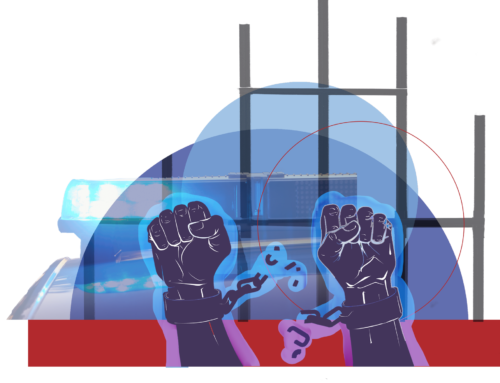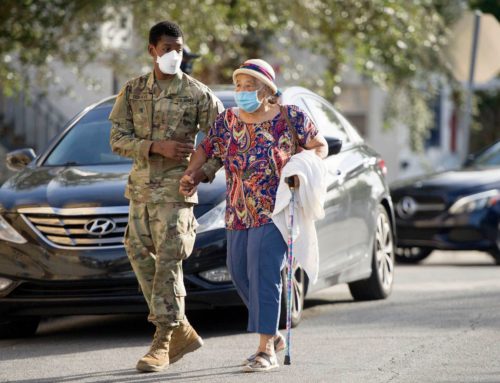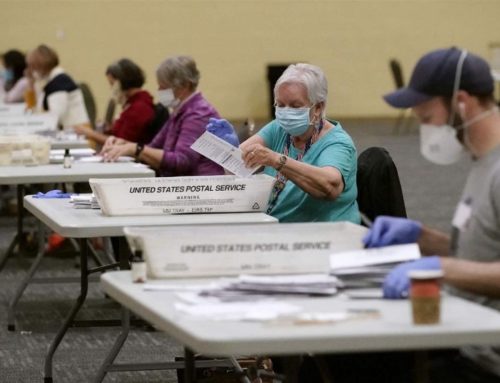EPU stands alongside numerous organizations and congressional representatives requesting that disaggregated racial testing data is provided to address existing health disparities in light of our current COVID-19 pandemic.
Misinformation or a lack thereof continues to serve as a detriment to Black communities, especially in times of crisis.
-
We know Black people are more likely to face instances of disparate health treatment, including implicit or explicit bias from their own medical care professionals resulting in substandard levels of care.
-
We know Black Americans disproportionately suffer from a number of health conditions like asthma and diabetes at higher rates and are less likely to have insurance coverage or a designated primary care provider.
-
We know Black employees are overrepresented in frontline jobs that require face-to-face interaction.
-
We also know the historical social distancing of Black communities through legal discrimination and practices like redlining have made African Americans more vulnerable to hospital closures, and therefore access to quality healthcare.
So why do we not know how COVID-19 has impacted the Black community? Why, despite numerous calls for increased access and transparency around testing, has the U.S. Centers for Disease Control and Prevention and most state health departments refused to release information about the race and ethnicity of people that have tested positive for the coronavirus? Especially when racially disaggregated testing data is essential to inform current public health responses by providing information on whether certain populations are getting tested and to what extent they are being hospitalized, turned away, or not diagnosed. In a pandemic, no information is misinformation.
The few jurisdictions that provide data on race and ethnicity have demonstrated African Americans are dying at disproportionate rates. For example,
-
In Milwaukee County, Wisconsin where African Americans are 26% of the population, they make up 81% of COVID-19 deaths;
-
Black people make up 14% of Michigan’s population but comprise 35% of cases and 40% of the state’s coronavirus-related deaths;
-
In Chicago, 70% of all coronavirus deaths are Black;
-
Black residents account for 33% of Charlotte’s population but 44% of all confirmed cases;
-
In Louisiana, one-third of the state’s population is Black but 70% of all COVID-19 deaths are Black; and
-
In Albany, Georgia, a funeral is said to have sparked an outbreak where over 90% of the county’s fatalities are Black.
Even though the racially disaggregated data that is currently accessible depicts troubling discrepancies in coronavirus-related contractions and deaths across the nation, the southern numbers are distressingly gross and have further served to unmask the enormous disinvestment in communities of color. Instead of running away from the numbers, southern leaders should stand up alongside lawmakers in states like Maryland and North Carolina, and members of Congress in their demands for transparency to ensure there is an equitable response to the pandemic that actually protects our “first responders” who, by the very nature of their occupations, are heavily represented by people of color.
Grocery store clerks, healthcare support attendants, childcare workers, protective service officers, and gig economy delivery drivers all stand on the front lines to provide us vital services during this time. It is important that leaders across the nation are not only transparent about the disparate risks faced by these workers but are proactively seeking empirically grounded solutions to address racial inequities throughout and beyond the current pandemic.




